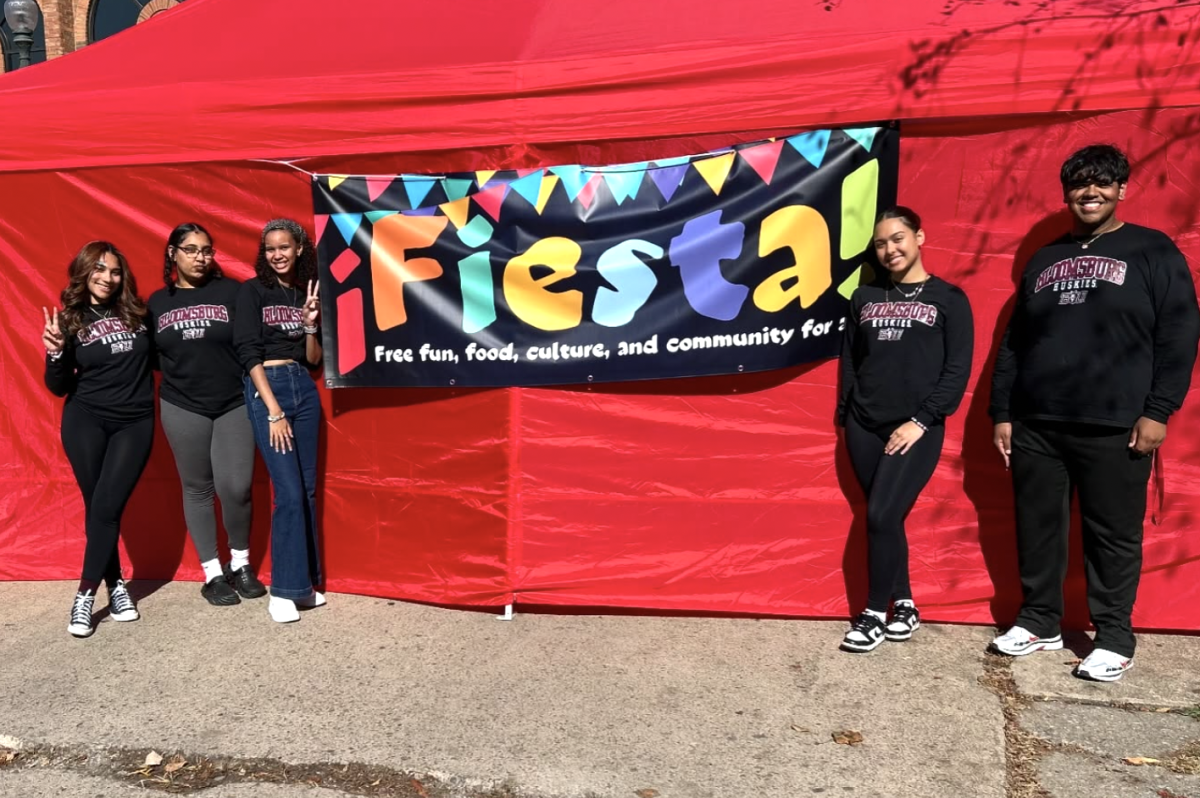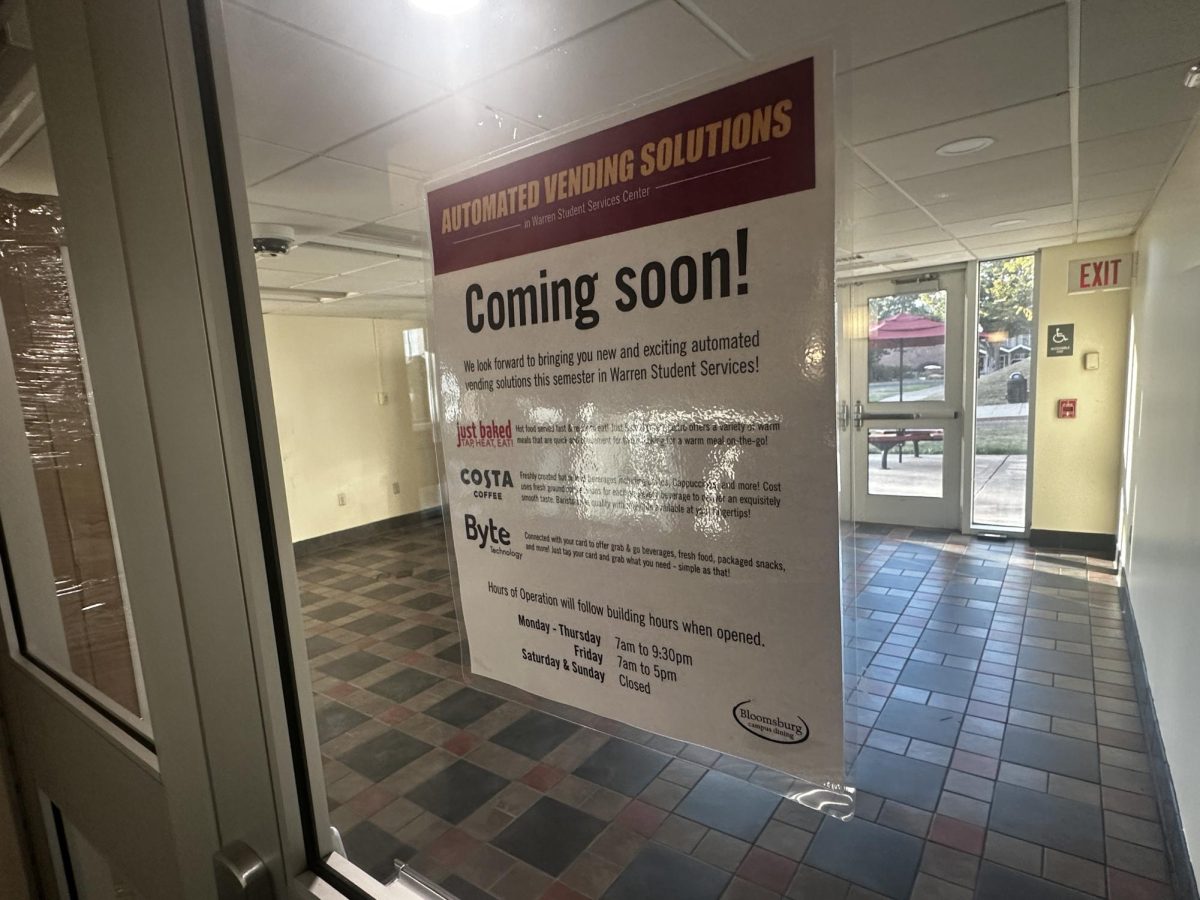Continuing last week’s theme of traditional and/or alternative medicine in relation to specific societies, it’s time to look at how this unique form of care plays into modern medicine. This week, it’s all about medical pluralism, defined as many medical systems that make up a state. Also known as different ways to treat the same illness.
Medical pluralism very much exists in the United States. You wouldn’t think so, seeing as we put an emphasis on biomedicine (licensed doctors, FDA approved medicine, etc.), but there’s plenty of instances we can look to for proof.
Take marijuana, for example. Before states began to legalize it, there was a lot of talk about the benefits of weed, and how it helped many people with their anxiety or other ailments. Sure, it isn’t a total medical system, but its popularity and infamy make it a hot topic in the medical world.
Medical marijuana is offered under certain circumstances. This is biomedicine making the attempt to connect the mind and body in their own medical system. It’s really no secret the healthcare system has flawed perceptions of mental illness, and as previously mentioned people use marijuana to cope with it. So legalizing it seems to have more benefits than costs.
For people against the whole weed debate, you’d probably see the other side of the argument as a bunch of “quacks.” I’m sure you’ve all heard the word used before: “That guy’s a quack, don’t listen to him!” But what is a quack? Someone that knowingly twists and misuses their medical knowledge and practice for profit.
It seems easy to point the finger and say alternative medicine is the source of quackery, but think about it. A lot of medicinal healers in indigenous populations or our own alternative healers never claim to have full-fledged medical knowledge.
They and their clients usually have a mutual understanding about an issue that’s relevant to health, but it’s not explicitly intertwined. The treatment they prescribe is mostly affordable, and goes back to the healer so they can provide for themselves.
Now think about our healthcare system. Andrew Wakefield caused a huge controversy with his claim that vaccines cause autism. He was later proven wrong, and was even shown to have tampered results; but he absolutely profited off his research while it was hotly debated. Even now, certain people are claiming that “purposeful” complications in surgery that result in a longer hospital stay increase profit for that specific hospital.
That isn’t to say our healthcare system is full of lies and can never be trusted again, because a lot of us absolutely depend on it for life saving medications and eventual cures for horrific diseases. It’s more about acknowledging that you aren’t inherently better than someone because you take a pill and they use an herbal remedy for a headache.
It’s also, just like last week, understanding what your body needs, even if that means you have to ignore what the doctor says. We all know or know of someone who was wronged by our healthcare system, so what’s the harm in looking at a different system for better results?
Much like everything else in the western world, modern medicine is a very hierarchal system. If you have money, you get good medical access. If you’re more privileged, you have better medical access. It’s unfortunate, but that’s how our healthcare system works.
So, it’s understandable to see why most people turn to a different form of medicine than a $500 prescription. But it’s just as understandable to see why others prefer their Zoloft or Wellbutrin.
There are a bunch of different systems in our society that make us who we are, and medicine is just one of them. Our doctors and walk-in clinics are vital to our society, and advances in modern medicine are truly remarkable. But if someone else wants to drink that herbal tea instead of take an Ambien, why shouldn’t they?
Rachel is a Junior Anthropology major. She is a member of Phi Sigma Pi and the president of the Bloomsburg Anthropolgy Club. She is a contributing writer for The Voice.






















